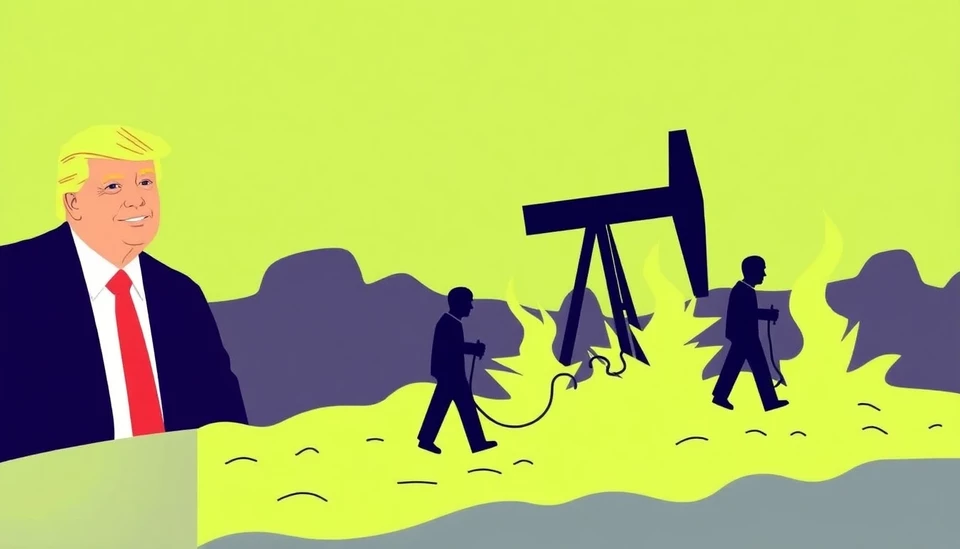
In a significant development that could reshape the future of oil and gas exploration in the United Kingdom, an environmental group has initiated a legal challenge against government-issued licenses for offshore drilling. The case, spearheaded by the organization "Friends of the Earth," argues that the UK government has failed to adhere to national and international climate commitments when it granted new licenses to oil and gas companies earlier this year.
The contentious licenses, issued as part of the UK Government's plans to boost energy security amidst rising global energy prices, allow for the exploration and extraction of fossil fuels in various offshore locations. Advocates for the environment have labeled this move as a step backward in the fight against climate change, particularly at a time when many nations are trying to accelerate their transition to renewable energy sources.
Friends of the Earth contends that the UK government has ignored the scientific consensus on climate change and the urgent need to reduce greenhouse gas emissions. They argue that continuing with new fossil fuel exploration undermines the net-zero targets set for 2050 and poses a significant threat to the global climate. The case will be heard in court in the coming months, potentially setting a precedent for how environmental concerns are weighed against economic interests in energy policy.
The implications of this lawsuit extend beyond domestic policy; they touch on international obligations as the UK continues to promote itself as a leader in combating climate change. The Environmental Advocacy Group insists that the UK has an obligation to curb fossil fuel dependency and transition towards greener alternatives, rather than promoting new oil and gas projects that will perpetuate reliance on fossil fuels for years to come.
In response to the lawsuit, the UK government has maintained that the licenses are crucial for ensuring energy independence and security. The administration argues that a diverse energy mix, including fossil fuels, is necessary to stabilize the economy and provide for its citizens amidst fluctuating international energy markets.
The outcome of this challenge could have far-reaching consequences for the UK’s energy future, as well as its climate commitments. Analysts suggest that if Friends of the Earth wins, it could roil the energy sector, halt new projects, and push the government towards a more aggressive stance on renewable energy adoption. This case also serves as a signal of widening divisions between environmental protection and energy security narratives currently shaping global political discussions.
As the case progresses, it is clear that stakeholders on all fronts will be closely monitoring its ramifications. The outcome could redefine how the UK approaches its energy policy and international climate responsibilities in the years to come.
As the public debate heats up, it is vital for constituents to stay informed about the evolving energy landscape and the implications for the planet, as well as to participate in discussions about sustainable solutions for the future.
#oilandgas #environment #climatechange #UKgovernment #renewableenergy #legalaction #FriendsOfTheEarth #energysecurity #fossilfuels
Author: John Harris




